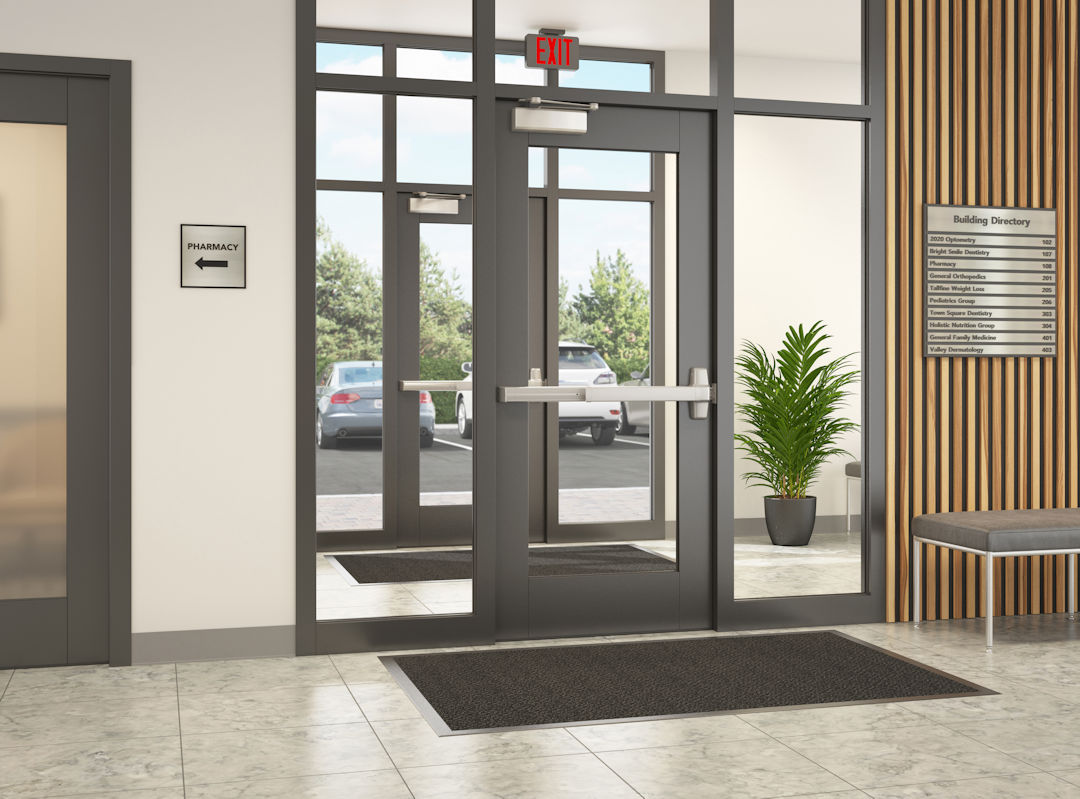 I have answered this Quick Question before but it keeps coming up, so I’ll keep addressing it until it sticks…
I have answered this Quick Question before but it keeps coming up, so I’ll keep addressing it until it sticks…
Is panic hardware required by the model codes for a ___________ facility?
You can fill in the blank…a big box store, a high rise apartment building, a medical office building. For these occupancy types my answer would be (a qualified) no. So why is that?
The model codes require panic hardware in specific use groups or occupancy classifications with a calculated occupant load over a certain threshold:
- The I-Codes require panic hardware for doors serving assembly and educational occupancies with a calculated occupant load of 50 people or more.
- The NFPA codes require panic hardware for doors serving assembly, educational, and day care occupancies with a calculated occupant load of 100 people or more.
There are additional locations where panic hardware is required by the model codes – high hazard occupancies/areas of high hazard contents, some types of electrical rooms, and refrigeration machinery rooms of a certain size. The requirements for panic hardware apply to doors equipped with a latch or lock. If a door serving one of these rooms or areas does not have a latch or lock (for example, if the door has a push plate and door pull only), panic hardware is not required by the model codes.
If we look at the examples I listed above – a big box store, a high rise apartment building, a medical office building – these buildings would typically be considered Group M – mercantile, Group R – residential, and Group B – business. None of these buildings fall into the categories of Group A – assembly, or Group E – educational, so the model codes would not require panic hardware – regardless of the number of occupants.
A few things to consider…
- An assembly occupancy (or rarely an educational occupancy) might be found within another occupancy type. For example, the medical office building might have a large conference center that is classified as an assembly space. In that case, panic hardware would be required for the egress doors serving the conference center if the calculated occupant load is above the threshold stated in the adopted code.
- Panic hardware is often installed where it is not required by code. There are other reasons to use panic hardware, such as easy of use, durability, reliability, and security. The many electrified options available for panic hardware may also affect hardware selection.
- There are a lot of other things to know about panic hardware, so there is a page on iDigHardware dedicated to this topic. You can find it here, or on the topics menu.^
You need to login or register to bookmark/favorite this content.

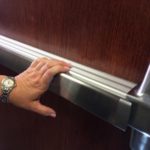
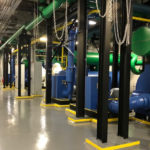
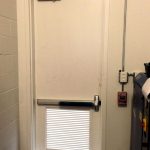


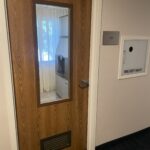
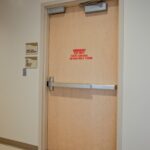

AWESOME Answer Lori!! Thank You for explaining the sections